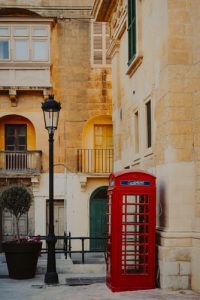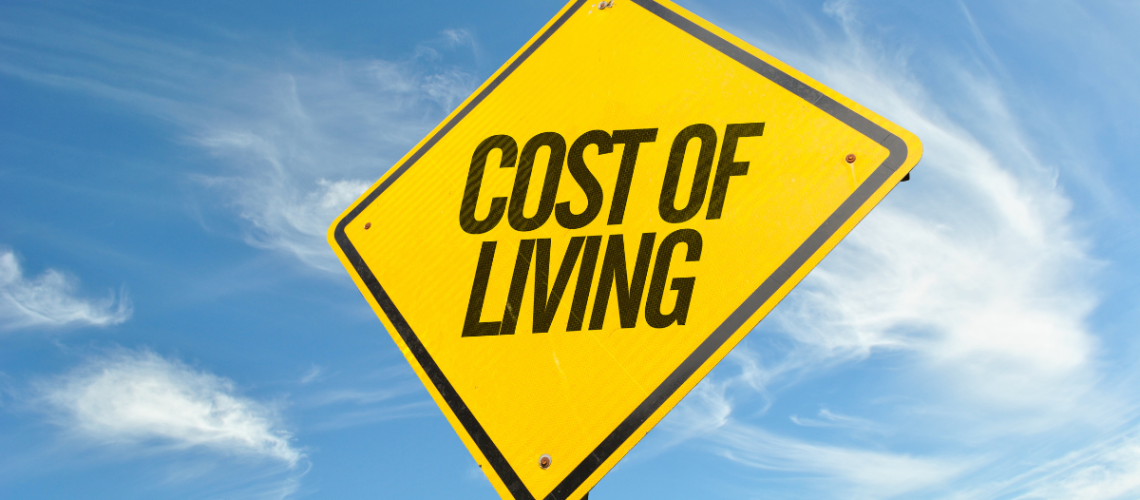Over recent years, the rapid economic growth experienced in Malta has sent shock waves throughout Europe. More than 46,000 foreign workers have come to Malta since 2018 to keep up with the impressive economic demand, with thousands more needing to be outsourced by 2019. As the nation’s wealth continues to grow, how does it translate to the cost of living on the island?
Healthcare and Education
Malta is in the top six of EU countries when it comes to overall medical management. Public healthcare is free for the following:
- A person that holds an employment licence and who is paying social security contributions
- Any citizen of a country which has a reciprocal health care agreement in force with Malta
- Any person who enjoys freedom of movement in terms of article 44 of the Constitution of Malta
- A person undertaking a course of studies at any one of the following institutions: The University of Malta, the Malta College of Arts, Science & Technology and the Institute of Tourism Studies
- A person who is in Malta in an advisory or consultative capacity to the Government (https://integration.gov.mt/en/Health/Pages/Public-Healthcare.aspx)
However, if you don’t fall under the above mentioned, medical care is readily available through insurance. Standard health insurance runs at €90/year to cover basic medical needs; a full medical plan at €350/year provides full coverage and access to any doctor in most private clinics.
Education is highly regarded in Malta. The public education system in Malta is free for all who attend, regardless of nationality. Expats do have the choice of enrolling in private schools, however, these schools do come at a premium price.

Housing
In recent years, the demand for accommodation in Malta has been aggressive; Malta is still ranked in the lower half for cost of living when compared to 108 other cities, despite rising rental costs. With a hub of new businesses flocking to the island, expats, and a booming financial and iGaming sector, the business centres of the island are highly sought after locations. These areas include Sliema, St. Julian’s, and the capital of the island, Valletta. Enjoyed by expats all over, these localities house some of the highest rent across Malta. However, located just a few minutes outside of these centres, you can find the housing costs significantly drop. The average rent for a two-bedroom apartment in St. Julian’s begins at €1000/month and up; whereas in Pembroke, less than a 10-minute walk away, the same apartment lists at €700/month. Utilities usually do not have a high cost per month, hanging around the €70/month range; although during summer and winter months this varies as AC and heating are the main sources of heating and cooling.
Food and Clothing
Compared to the rest of Europe and its major cities, Malta’s food cost is just slightly cheaper. With basic local commodities running at lower prices compared to imported goods, depending on the way you choose to shop will be the deciding factor on cost. More on par when compared to other cities, Malta hosts many designer fashion outlets, catering to expats and tourists. If you think of moving to Malta you can find the best deal in Malta and pay less for your food and activities here. It is always better to know the good offers the island can offer to you.

Valletta vs. The World
Here’s how Malta’s capital Valletta compared to other cities around the world when overall cost of living is taken into consideration:
Cost of living in Valletta is 40% cheaper than in Bern, Switzerland
Cost of living in Valletta is 22% cheaper than in Atlanta, Georgia
Cost of living in Valletta is 7% cheaper than in Nice, France
Cost of living in Valletta is 10% cheaper than in Birmingham, England
Cost of living in Valletta is 23% cheaper than in Stockholm, Sweden
Cost of living in Valletta is 35% cheaper than in Dublin, Ireland
(https://www.expatistan.com/cost-of-living/country/malta)
When considering the low cost of living in Malta, it is also important to note the low average income. The economic surge will soon level out cost of living and income requirements, as the island has been recognized as a stable environment with low risk of financial or political instability. With 300 days of sun a year and a booming economy, it’s time to consider relocating your business and family to our beautiful island.
Book a tour of our office spaces in the central business areas of Malta
Check out our last article on how to set up business in Malta

